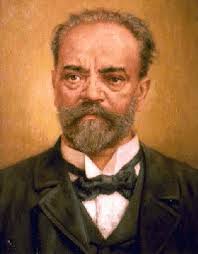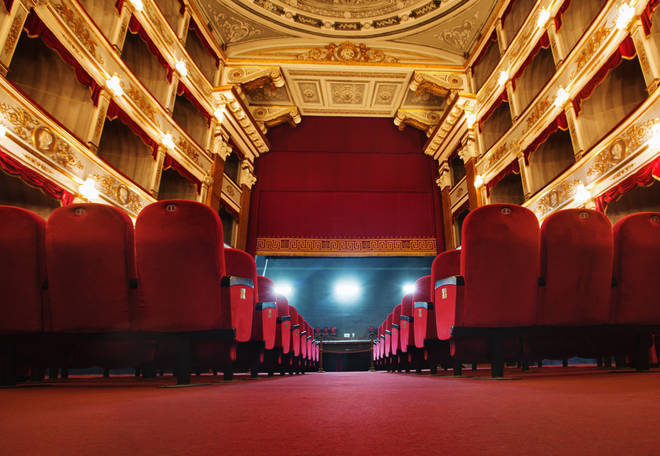For me as a musician it is indispensible to listen to music carefully. I listen to gain energy. I listen to analyze, to follow the story or just as a pathway to dream. Why do you listen? And how how do you personally listen?
The composer Aaron Copland has named this very beautifully in his book about listening to music: there is an active and a passive manner of listening. We are accustomed to background music. This is a passive way to listen with which we are most familiar. You set up an atmosphere and in the meantime you eat, have a party or get down to work.
If there is singing in the music, then perhaps you follow the lyrics and thus follow the story of the music. This makes listening more active: you are now anticipating what will come next.
How do you listen to music which has no text and is only instrumental? I am thinking here of western, classical music for instance. Imagine: you go to a classical concert, an orchestra or ensemble begins to play. What do you pay attention to? Do you shut your eyes and let yourself be submerged in a pool of sound? Do you get associations, for example, memories which the music calls up? Consider the musicians: how do they move or do they are look at each other? Do you analyze the rhythm, harmony, and timing of the music? There is no one right way to listen, that is assumed, but maybe you notice that there are actually many ways to listen!
Let’s consider even abstract, classical music: I think that the listening experience is much more intense and enjoyable if you are actively following the story line. There is no story in words, but you can follow the melody, the rhythm and the color. What’s happening? You can’t give an answer in words, no technical music tidbits, but you hear…
I ask you to take part in the following experiment and to see whether your listening experience is more “active” after you have listened to the following videos!
http://www.youtube.com/watch?v=lVmQMNOYGMw
Ask yourself these things while you watch the video:
Where are the notes going? Try, in the slower parts in the beginning, to come up with the next note and look anywhere else than at the pianist. Listen with your eyes closed to where the notes have gone. It doesn’t matter whether you can anticipate well or not, this is only one way of listening more intensely to the notes following them as closely as you can. Are surprised where the melody went? Can you follow the melody? Were you carried along? What happens to you when you speed the piece up?
Even if you don’t like music and don’t ever put on music at home, a concert can be a beautiful experience. Surely modern music will surprise you, draw you into a whimsical story and above all it won’t submerge you in fine harmonies. If, despite the strange noises, you can follow the story and you let yourself be surprised, you will find that it is much more beautiful than you ever thought!
Try this with this composition and ask the following questions:
Which instrument do I hear carrying the melody? Which different rhythms do I hear? How does the rhythm develop? Heavier, more complex, repetition? What sort of story can I imagine when I listen to this piece? Probably you will have to listen a couple times in order to consider all of these questions.
http://www.youtube.com/watch?v=jfZ7i7930Yg&feature=relmfu
To be clear: listening actively does not mean to analyze the music or to give all sorts of technical answers. The questions are only an aid to help you concentrate your listening and to discover as much as possible, even if you can’t answer them all.
Other questions you can ask yourself are:
What sort of tone colors do I hear and how do they mix with each other? What is the form of the piece, for example, are there repetitions or is the melody repeated by different instruments, can you distinguish different parts?
Try this and I am curious to learn what you experienced!

Composer A.Dvorak

